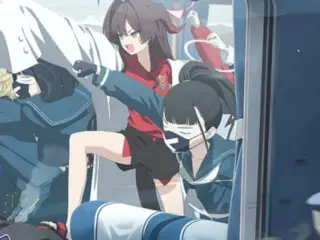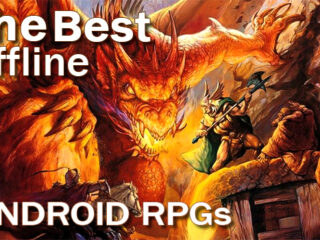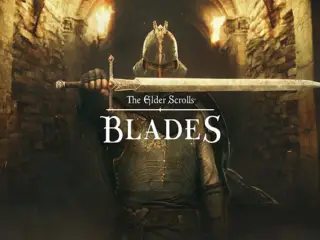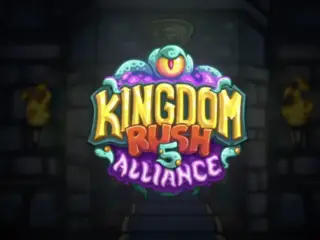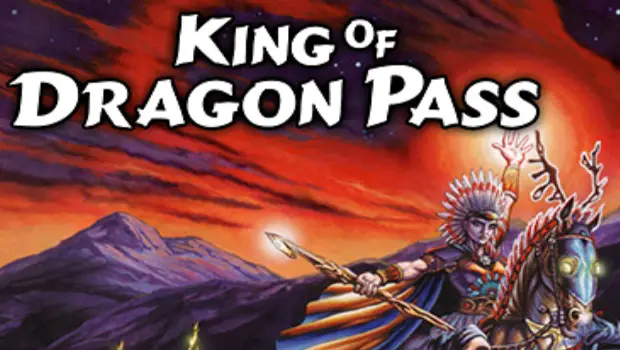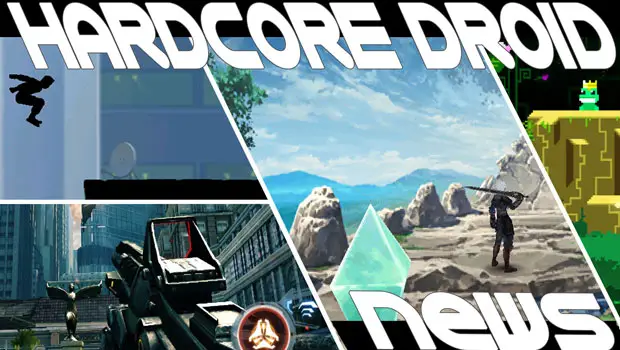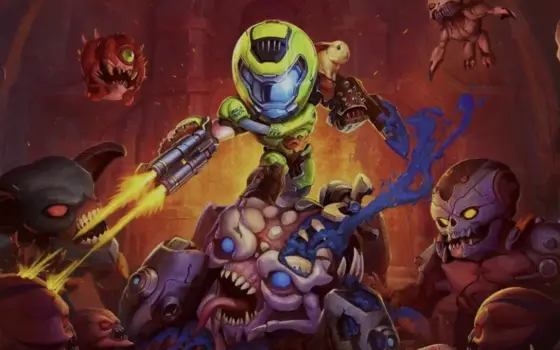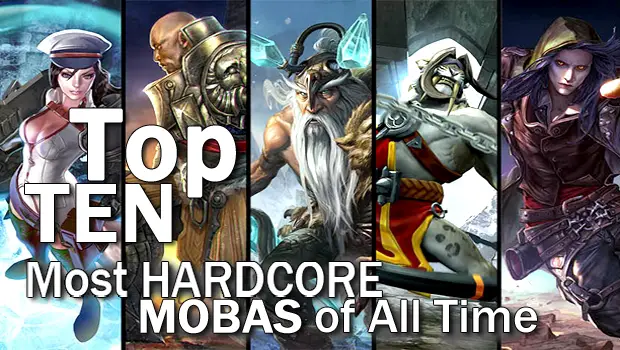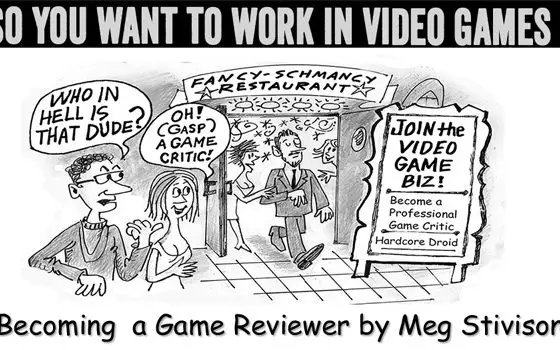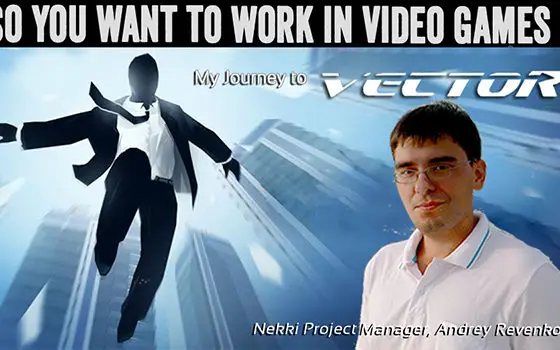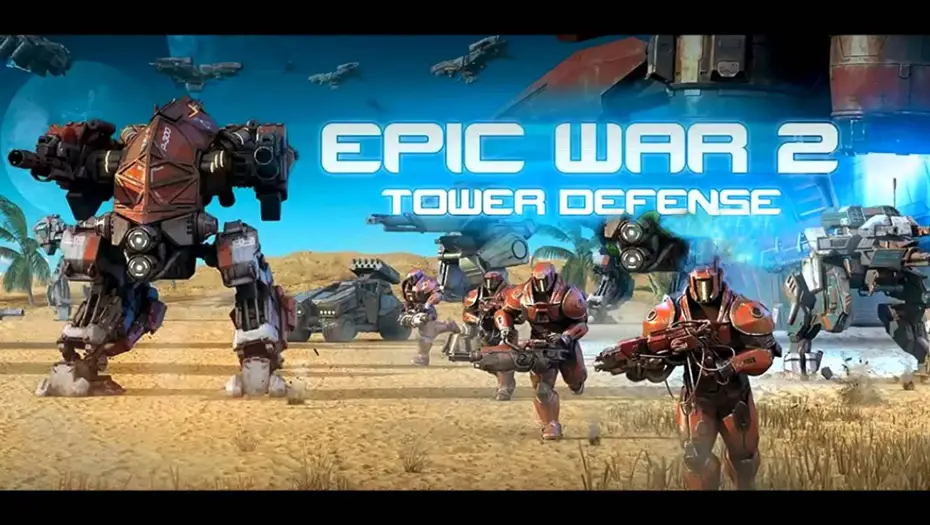There are two things you need to do to be a worthwhile critic. These are:
- Have a voice.
- Be able to communicate with it.
The second thing is the boring one so we’ll get it out of the way first.
Structure is pervasive. Short stories, music, movies, TV shows, novels, games, and essays—all of these media and any documented criticism of them generally conform, at least to an extent, to a familiar arrangement. Hell, even the conversations you have and the relationships you develop kind of do this. Your very life kind of does this if you don’t get flattened by a truck or something.
The good news is that being closed in on all sides by convention means you likely already have picked up some awareness of how this business is done. In fact, if your public school system hasn’t failed you, you’ve received some formal instruction on this as the core benefit of schooling is (or at least should be) the cultivation of your critical faculties. This is a theme running through all education (or at least much of Western education), most explicitly and rigorously taught through essay writing.
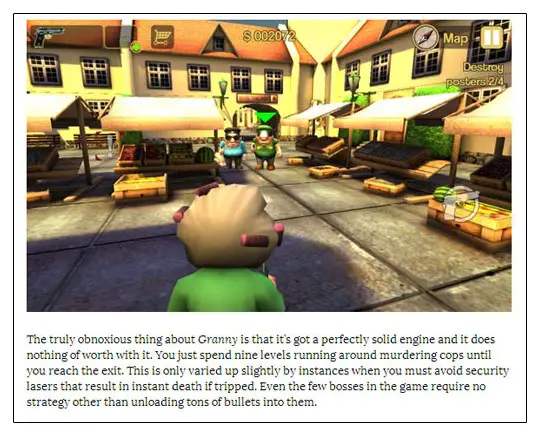
I’m telling you this because you might be nurturing some notion that you need to read the work of game journalists extensively, studying how game journalists do game journalism. There’s certainly some truth to that. It’s worth being aware of what aspects of a game a journalist in this industry focuses on, how much time they spend talking graphics, how they move from discussing gameplay to analyzing the storyline, etc. Professional game journalists also (probably because they play a lot of videogames for a living) typically do a far better job than the average plebian of contextualizing their reviews—acknowledging, for example, if a game has borrowed a mechanic from a past title and whether it’s been put to good use. They’re also never as hyperbolic as that kid you follow on Tumblr who’s just played his first Metroidvania. But, all that said, you certainly don’t need to develop an obsession with critical gaming media. On the contrary I would say, by and large, screw game journalism.
If you’re particularly critical (and let’s hope you are), you may have noticed that almost everything sucks. This is true of all media as well as all critical media. The majority of stuff (and the people behind that stuff) lands somewhere along a spectrum that runs from abysmal to middling. There are gems, however, to be found in all of it and that’s the stuff you’re welcome to get obsessed with. But it’s folly to expect to find an abundance of gems in only one medium, especially when that medium is the virtual ghetto that is videogame journalism. So just read and watch and listen to whatever interests you.
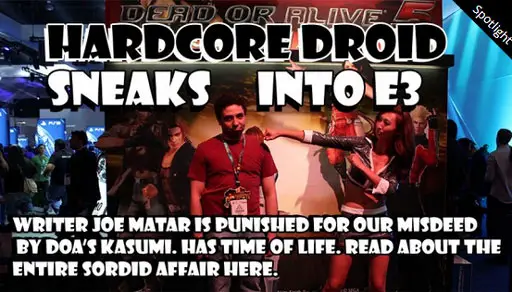
Foremost, the basic skill you need locked down is how to construct an argument or, in other words, how to write an essay and, as we’ve already covered, you’ll smack into the structure of how this is done no matter where you may turn. Still, doing actual, formal, straight-up essay-writing is a good idea, too. “But I’m not gonna write boring essays,” you say. “I’m gonna be the next Yahtzee spliced with the Angry Video Game Nerd!” says you. “I’m gonna just talk real fast and scream real loud and put it on YouTube!” While that all sounds just adorable, unfortunately I’ve already explained that this horrible, crushing, restrictive structure bleeds into every bit of media out there and, if you really want people to listen to you shouting about how a game should’ve, by law, been two hours longer for it to be any good, you still need to fashion an argument in a semi-conventional manner.
I taught college essay writing and I’m actually going to go over the basic rundown of how to write an essay now because I guarantee more of you are horrible at it than you realize. If this sounds awful and boring to you and if, in schooling situations, writing essays is typically the thing you dread and stress over and then force out of yourself with great suffering, maybe you don’t actually want to be a reviewer. I’m not saying you need to be in love with essays, but if you don’t sense in yourself at least some ability to put together an argument without it temporarily ruining your mind, you might not want to be involved in a profession that requires you to cohesively explain why you think the things you think.
HOW TO WRITE AN ESSAY (ABRIDGED):
Start with an introduction paragraph that perhaps gives some background to frame what this game means within the context of something greater. For example, if you’re reviewing a duck housing project simulator, you might note that “Ghetto Duck Management HD adds little in the way of advancement to the pantheon of titles about keeping broke ducks satisfied.” Alternatively, you could discuss the developer’s legacy: “This version is the same as last year, but with vaguely enhanced graphics and two new duck types.” Alternatively-alternatively, you can talk about your experience as a fan of this series or genre: “Players who love erecting bathrooms for ducks have one more title to choose from.” You might have a look at some professional game reviews to see how they handle this. As referenced earlier, game journalists do a pretty good job on the contextualization front.
The final sentence of your introduction is your thesis statement, in which you define your main argument: “GDM HD is lazily designed, isn’t remotely HD enough, and there still aren’t enough ducks.” In other words, by the time we’ve reached the end of your intro, we should know whether or not you like the game and have some understanding as to why you feel that way.

Ideally, the first sentence of each of your body paragraphs should indicate what the paragraph is about. What makes videogames a unique challenge to critique is that there are quite a lot of components to judge them by: audio, visuals, gameplay, and then the rest is kind of a wildcard depending on the type of game you’re playing. You might be discussing style, mood, narrative, or any other manner of junk. As noted, this is another one of those times it makes some sense to actually read some game journalism as it’s worthwhile to check out how reviewers manage to cram all this stuff into one review, keeping in mind that not all of them will do it the way you’d personally do it. The important thing is to restrict discussions of each aspect to a paragraph each.
I’m not going to talk about conclusions. They’re the same as introductions, just in reverse. Leave me alone.
Here are some other broad guidelines. Remember that you’re kind of writing as though nobody knows what you’re talking about. You don’t want to summarize or spoil the game, but we need to know enough about, for example, how the mechanics work so that when you say, “The high salaries of the superintendent-ducks act as a paywall,” I’m able to understand why that might be annoying game design. Also, it’s okay to say less about one facet of a game if you don’t have that much to say about it. If you only give the graphics three lines of discussion, we’ll get the message: they weren’t worth writing more about.
I personally play games primarily for the storyline, so I often devote less time to graphics and sound unless they’re uniquely bad or abnormally great and typically discuss both in the same paragraph (but I make clear in the first sentence of that paragraph that it will be about appearance, both audio and visual). Also, seeing as we’re an Android gaming site and touch screen control is still something developers grapple with and handle differently from title to title, I feel it necessary to always give some space to analyzing whether interacting with the game feels natural. Basically, write about what matters to you and what you think matters in the game. This brings us quite nicely to that whole “having a voice” bit (this is called a transition).
Your personal writing should absolutely be what you want it to be. You should sample the arts that you want to sample and then write what you want to write about them. There is no better way to develop a style of writing that is identifiable as your writing than by doing it to death. It’s also a good idea to make at least a portion of that writing public (which, you may have heard, the internet makes disgustingly simple to do).
There’s loads of embarrassing garbage out there from me tucked away in the uglier alleyways of the web, but just by virtue of writing with the perception of doing it for at least some audience, no matter how small, I gradually pushed improvement upon myself. Ultimately, I started writing at Hardcore Droid thanks to a jillion-page essay about the failings of narrative in Braid that I had at the ready because it was something I’d wanted to write about. Heck, we’ve hired people here who only had write-ups of albums and horror movies to show us, but had more personality than some chump who tossed us a rote “Top 10 Bosses in Gaming” article or whatever. This is why I again urge you to read criticism that interests you, regardless of the medium it covers, especially because most other media does journalism better.
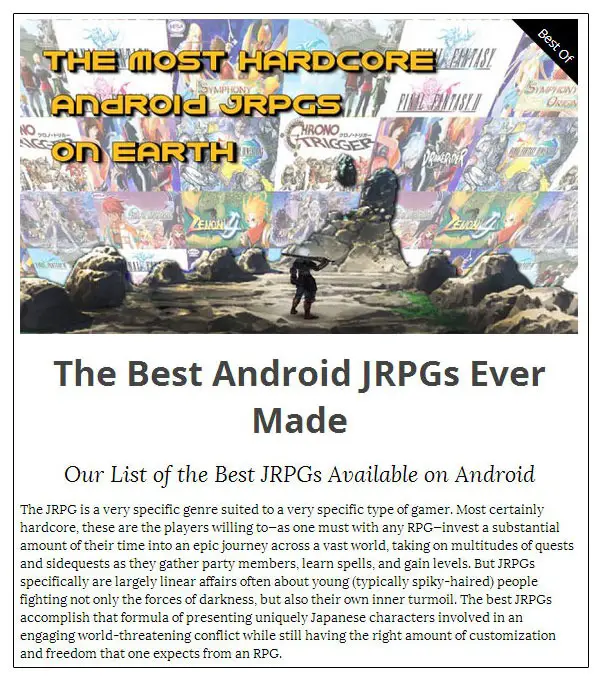
Remember when I said screw game journalism and then called it a virtual ghetto? Well, I mean that wholeheartedly because the majority of it is worthless crap following an established formula that wasn’t even good when it was first concocted. It’s reviews that still fail to acknowledge gaming’s wider cultural significance and how important it is to regard the medium as an art form and something that should be forced into evolution by an onslaught of piercing criticism. Most game journalism is dead stupid, borne of a more insular time when gamers were a very specific sect of human being who just wanted to see the same thing dished out ad nauseam. Many reviews still give high scores to games for being smart enough to emulate the features of a past, solid title as though all we can and should expect from this medium is basic functionality.
And, in truth, you can probably get more paid work if you fall in line and write such transient trollop, but do note that the landscape of game journalism is changing. There’s now all kinds of interesting stuff out there about whether the violence of BioShock: Infinite detracts from the validity of its storyline or what the function of Grand Theft Auto V’s misogyny is, if any—stuff that gives consideration going beyond whether or not the game boots up and has graphics in it. Additionally, think of the critics who are actually “famous” and you’ll find it’s the loudmouths who get angry and bored with this industry and insist that it do things better—people like Ben “Yahtzee” Croshaw, Leigh Alexander, and Jim Sterling. Finally, regardless of which path you take, the road to game journalism is paved with food stamps, so why not at least be poor and honorable, yeah? Stick with us crazies and don’t just write about how the graphics are comparable to other current generation titles, but that Ghetto Duck Management HD is a poignant and scathing, yet unfocused indictment of the class system.
But just remember to write about that stuff like crazy and to work on adapting your crazy so that it can exist comfortably within the guidelines palatable to norms. Because the beauty part of learning to organize your stupid thoughts by way of an established format is that, once you’ve really got that format down, you’re allowed to mess around with it, break loads of rules, make new ones up, and totally get away with it. Like, remember how I said at the start of this that I was going to talk about the second thing out of a list of two important things? I straight up lied about that and pretty much just talked about both at the same time throughout! And you still think I’m great!
*If you are an indie developer or games journalist interested in reading all of the articles from Part One of our So You Want to Work in Video Games Series as well as all of the upcoming articles in the series, plus exclusive interviews, reviews, our app and digital magazine, you should subscribe to Hardcore Droid.
Send an email to aljackson[AT]hardcoredroid[DOT]com, type “work in games” in the subject heading and I will send you a discount coupon worth 25% off our already rather inexpensive yearly subscription fee.
Check out a sample of our digital magazine here >>>
Check out the exclusive Magazine section of our site here >>>








